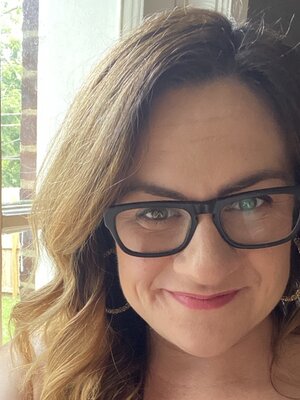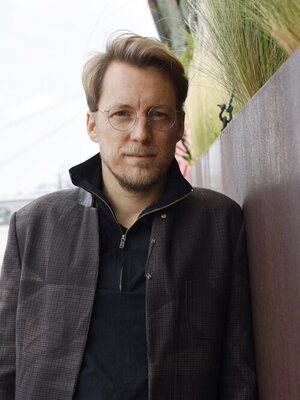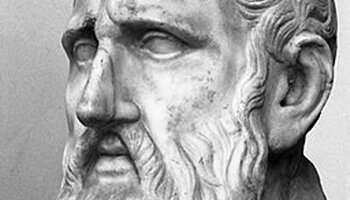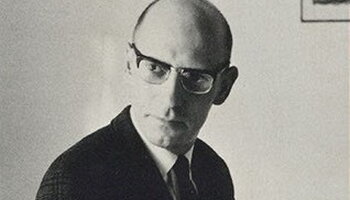Expand Your Mind
Philosophy News
- Smith, our academic advisor, was recognized for his excellent service and commitment to student success. Read full story Andrew Smith receives LAS Student Academic Affairs Office Employee of the Month Award
- This fall the Department of Philosophy welcomed professor Paul Tran-Hoang to our faculty as an assistant professor. Previously, he was a visiting assistant professor at Vassar College. Tran-Hoang's research focuses on logic, philosophy of logic, and philosophy of mathematics. Read a Q&A to... Read full story Professor Paul Tran-Hoang joins the Department of Philosophy at the University of Illinois
- Professor Verena Erlenbusch-Anderson has spent her career exploring the idea of terrorism. She's currently working on a new book that investigates the origins of terrorism in the United States. Read a Q&A to learn more about her work. Read full story Tracing the origins of terrorism: Q&A with professor Verena Erlenbusch-Anderson
Title
Earn a certificate in the ethics of artificial intelligence
Employers are actively seeking employees who have experience grappling with the risks and ethical questions of artificial intelligence. The Ethics of AI Certificate teaches students the core skills and knowledge they need to understand how to mitigate the risks of artificial intelligence while harnessing its benefits.
Upcoming events

Alumni Spotlight: Maggie Wave (University Administration)
Maggie Wave is the Senior Regional Director at Washington University in St. Louis. She graduated from the University of Illinois in 2012 with degrees in Philosophy and Political Science.

Faculty Spotlight: Jochen Bojanowski
Jochen Bojanowski is an Assistant Professor of Philosophy, who does research in moral and political philosophy, with a particular interest in Kant’s practical philosophy. His first book, Kant’s Theory of Freedom, articulates and defends Kant’s incompatibilist account of free will as a capacity for moral autonomy—thus dealing with some of the most vexing problems in Kant’s moral philosophy and metaphysics.







